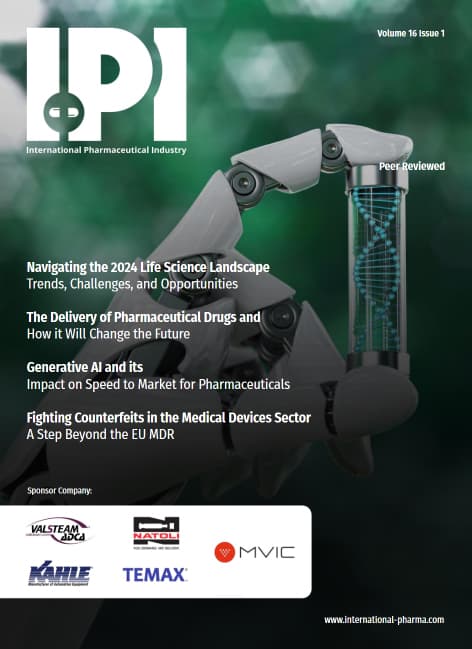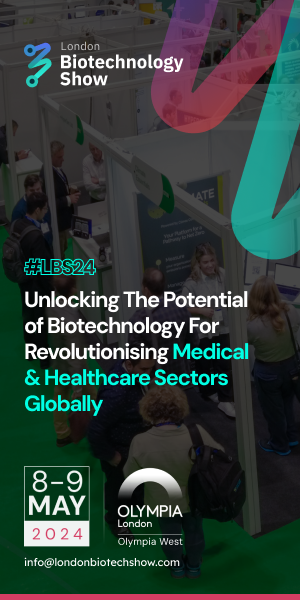
A team led by Professor Chen Zhiwei at Hong Kong University’s AIDS Institute says its discovery, tested on mice, shows the new antibody can help control the virus and eliminate infected cells.
AIDS remains an incurable disease. In the world, HIV/AIDS has resulted in estimated 40 million deaths while 36.9 million people are still living with the virus.
There are two major scientific challenges to end this pandemic, namely, the tremendous HIV-1 diversity and the antiviral drug-unreachable latency. Since it is extremely difficult to develop an appropriate immunogen to elicit broadly neutralizing antibodies (bnAbs) against genetically divergent HIV-1 subtypes, developing existing bnAbs as passive immunization becomes a useful approach for HIV-1 prophylaxis and immunotherapy.
A team led by Professor Chen Zhiwei at the AIDS Institute of Hong Kong University has said that its research tested on mice, indicates a functional cure for HIV, a virus that causes AIDS which eventually leads to a new antibody that could be used for both prevention and treatment.
A team led by Professor Chen Zhiwei at Hong Kong University’s AIDS Institute says its discovery, tested on mice, shows the new antibody can help control the virus and eliminate infected cells.
The antibody would be able to treat all varieties of HIV – a first, Chen said – as there is no one vaccine to treat the many different types of HIV viruses.
“For our newly discovered bispecific antibody, it works for all of them, so that’s the major difference,” Chen told Reuters.
Chen and his team say they aim to bring the antibody into clinical trials within a timeframe of three to five years.
Chen said a “functional cure” meant the virus level would be so low as to be undetectable in the body, as long as patients kept taking injections of the antibody, perhaps on a quarterly basis, or less frequently.
Those infected with HIV can keep the virus under control with antiretroviral drugs that stop it from infecting new cells.
However, treatments must be taken daily and do not eliminate the infected cells from the body. So the virus can still exist, and symptoms return, if patients stop taking medication properly.
The new antibody would have a significantly longer half-life than current treatments, and could, for example, be administered on a quarterly basis, Chen said, making it easier than the daily treatment most HIV-infected patient’s face.
Promising results did not mean the treatment would be readily available soon, said Andrew Chidgey, chief executive of the charity group AIDS Concern in Hong Kong.
“Governments are being very slow to implement programs here,” he added. “So just because a treatment becomes available, doesn’t mean that people will get it, or that it will have an impact.”
AIDS remains an incurable disease. In the world, HIV/AIDS has resulted in estimated 40 million deaths while 36.9 million people are still living with the virus.
There are two major scientific challenges to end this pandemic, namely, the tremendous HIV-1 diversity and the antiviral drug-unreachable latency. Since it is extremely difficult to develop an appropriate immunogen to elicit broadly neutralizing antibodies (bnAbs) against genetically divergent HIV-1 subtypes, developing existing bnAbs as passive immunization becomes a useful approach for HIV-1 prophylaxis and immunotherapy.
A team led by Professor Chen Zhiwei at the AIDS Institute of Hong Kong University has said that its research tested on mice, indicates a functional cure for HIV, a virus that causes AIDS which eventually leads to a new antibody that could be used for both prevention and treatment.
A team led by Professor Chen Zhiwei at Hong Kong University’s AIDS Institute says its discovery, tested on mice, shows the new antibody can help control the virus and eliminate infected cells.
The antibody would be able to treat all varieties of HIV – a first, Chen said – as there is no one vaccine to treat the many different types of HIV viruses.
“For our newly discovered bispecific antibody, it works for all of them, so that’s the major difference,” Chen told Reuters.
Chen and his team say they aim to bring the antibody into clinical trials within a timeframe of three to five years.
Chen said a “functional cure” meant the virus level would be so low as to be undetectable in the body, as long as patients kept taking injections of the antibody, perhaps on a quarterly basis, or less frequently.
Those infected with HIV can keep the virus under control with antiretroviral drugs that stop it from infecting new cells.
However, treatments must be taken daily and do not eliminate the infected cells from the body. So the virus can still exist, and symptoms return, if patients stop taking medication properly.
The new antibody would have a significantly longer half-life than current treatments, and could, for example, be administered on a quarterly basis, Chen said, making it easier than the daily treatment most HIV-infected patient’s face.
Promising results did not mean the treatment would be readily available soon, said Andrew Chidgey, chief executive of the charity group AIDS Concern in Hong Kong.
“Governments are being very slow to implement programs here,” he added. “So just because a treatment becomes available, doesn’t mean that people will get it, or that it will have an impact.”
























